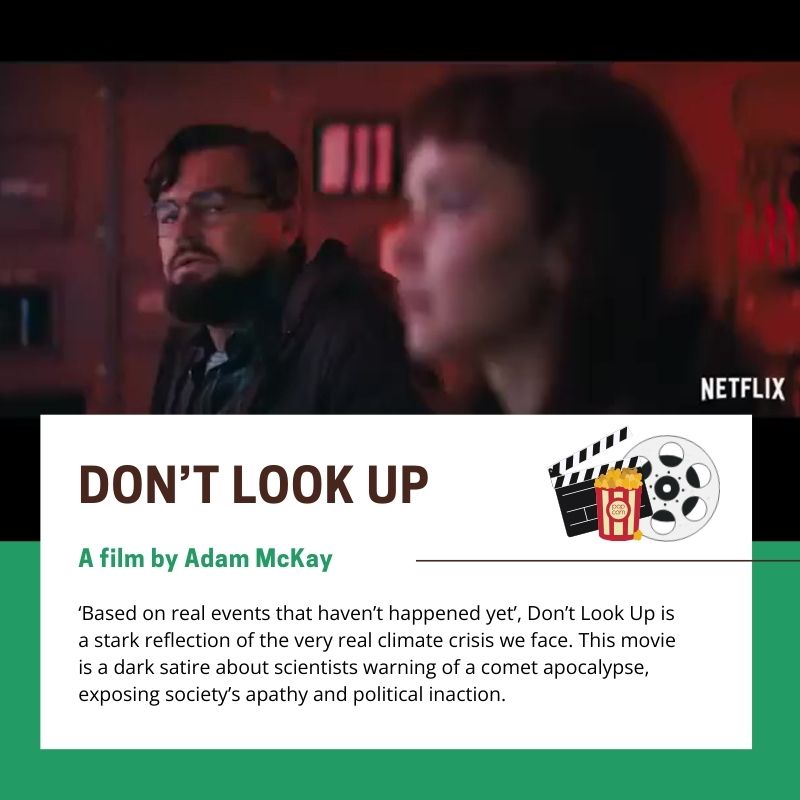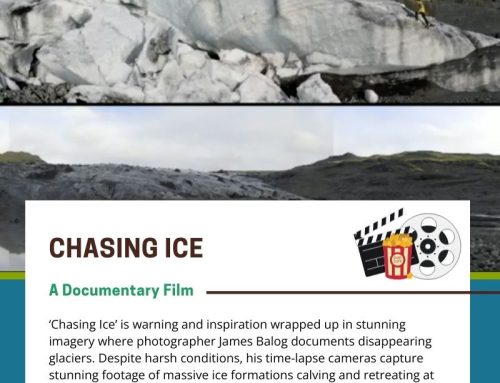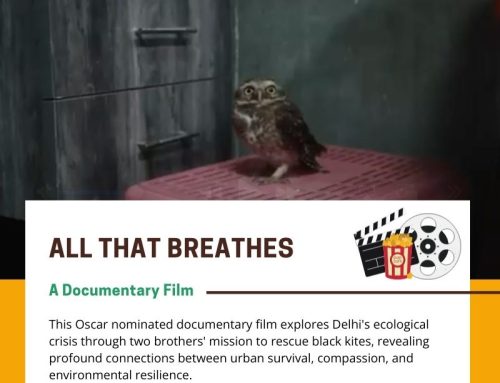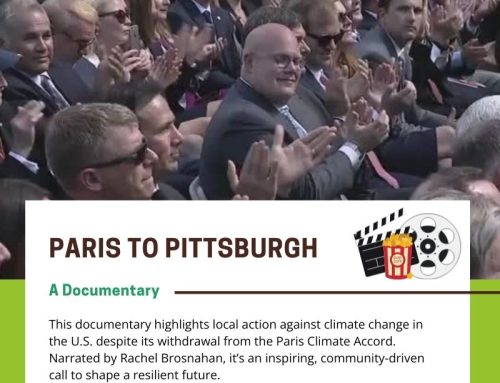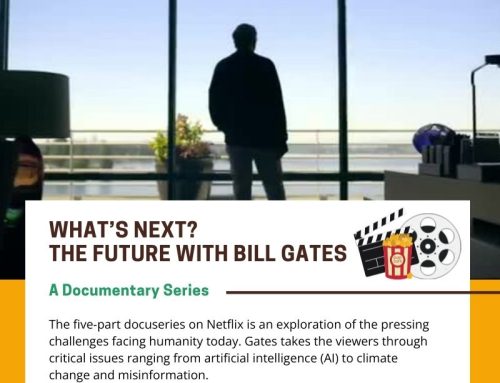‘Science tells the truth, Randall.’ Says Dr Teddy Oglethorpe from Adam McKay’s satirical film Don’t Look Up. But are we listening?
Don’t Look Up is a film that explores our society’s dismissive attitude toward scientific warnings. The film, which dramatizes the discovery of a comet on a collision course with Earth, serves as an allegory for our real-world climate crisis. A cinematic masterpiece this film is not. However, its emotional resonance with climate activists and scientists provides a powerful, albeit blunt, commentary on societal inertia and misinformation.
Don’t Look Up follows astronomy graduate student Kate Dibiasky and her mentor, Dr Randall Mindy, who discover a comet that will devastate Earth in just over six months. Their attempts to sound the alarm about this impending disaster are met with a dismissive media, a distracted public, and a politically divided government. The film uses this scenario to mirror the real-world climate crisis, where urgent scientific warnings have long been ignored or undermined.
The film is undeniably heavy-handed, with its satire leaning into broad strokes rather than subtlety. McKay’s choice to focus on the absurdities of celebrity culture, social media, and political manoeuvring can feel overdone. However, this represents the frustration climate scientists feel when others trivialise or distort their dire warnings. It suggests that the real villains are not the average citizens distracted by pop culture but the decision-makers in positions of power, politics, the fossil fuel industry, and their lobbyists. These are the people and organisations that perpetuate the seemingly never-ending cycle of delay and denial.
Despite minor flaws, Don’t Look Up shines in its capacity to reflect the very real feelings of panic and desperation that climate scientists experience. The film’s depiction of scientists’ frustration—particularly in scenes where Mindy and Dibiasky struggle to convey the gravity of the situation—rings true. The hyperventilation and the outburst on national television are not just dramatisations; they echo the experiences of those who have long been warning about climate change. This also applies to how Dibiasky is labelled a ‘hysterical woman’ for simply voicing her concerns.
McKay’s film also serves as a critique of how climate change is handled (or rather mishandled) in real life. It critiques how private sector solutions substitute for comprehensive governmental action, as demonstrated by President Janie Orlean’s pivot from planetary salvation to corporate partnerships. This starkly reflects the real-world tendency to prioritise economic gain over environmental protection, a point that ongoing debates about climate policy resonate with.
The film’s ultimate message is both a critique and a call to action and underscores the absurdity of our current inaction against the climate emergency. Because no matter what the naysayers have to say, it is an emergency. The film ends on a sombre note, with the characters accepting their fate over a final meal emblematic of the quiet resignation of a world that chose to look away from the truth. This departure from the typical disaster movie formula—where heroes save the day and disaster is averted at the final second—highlights the critical point that action is urgently needed, and often, it is not taken until it is too late.
Don’t Look Up stands as a stark reminder of the consequences of ignoring scientific truths and the urgent need for action. On days, when changing the fate of the world seems like an impossible task, we would do well to remember Dr Mindy’s words, ‘Everything is theoretically impossible, until it is done.’

